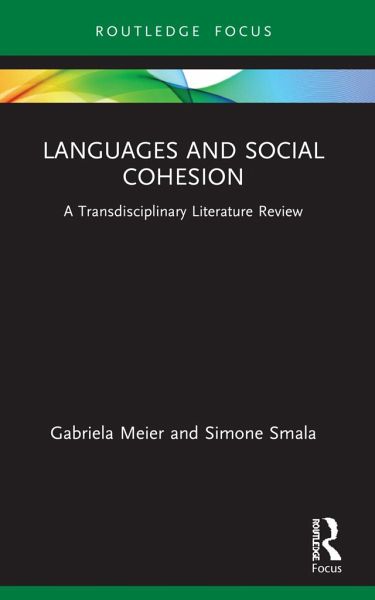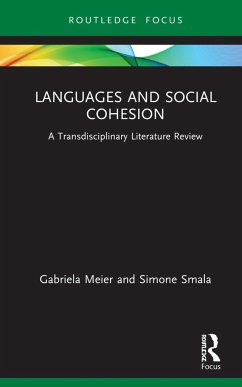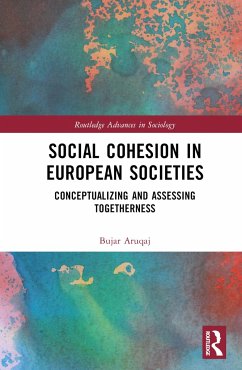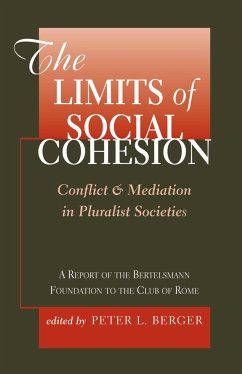
Languages and Social Cohesion
A Transdisciplinary Literature Review
Versandkostenfrei!
Versandfertig in 1-2 Wochen
26,99 €
inkl. MwSt.
Weitere Ausgaben:

PAYBACK Punkte
13 °P sammeln!
A critical and systematic review of existing research located at the crossroads of sociology, social psychology and applied linguistics, Languages and Social Cohesion offers valuable insights for social contexts in which decision makers and researchers grapple with questions of social cohesion in the presence of linguistic diversity.














